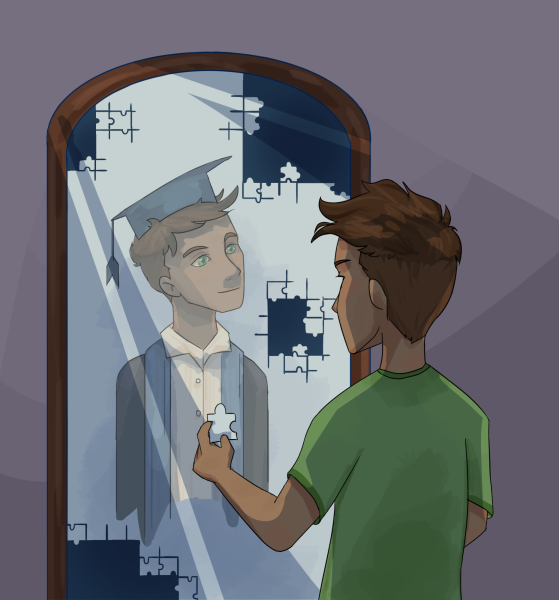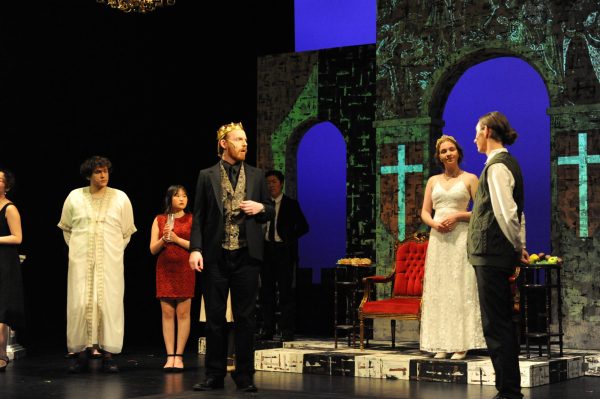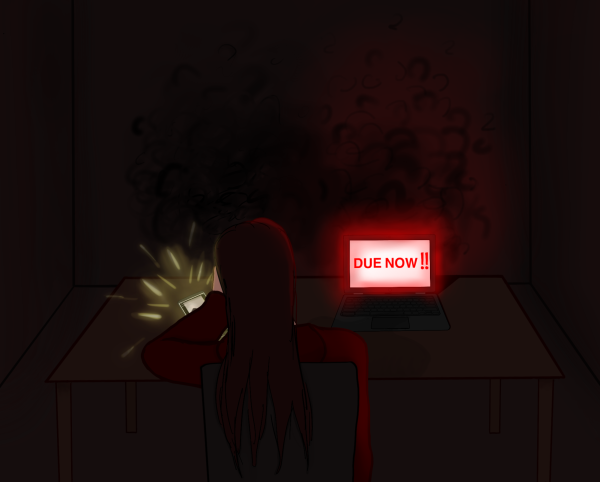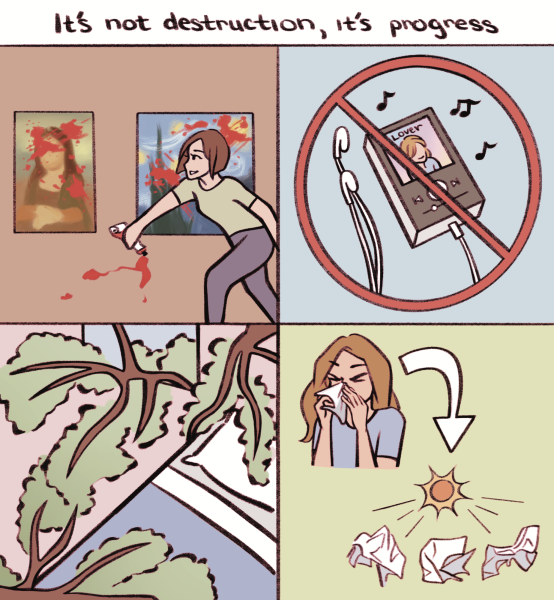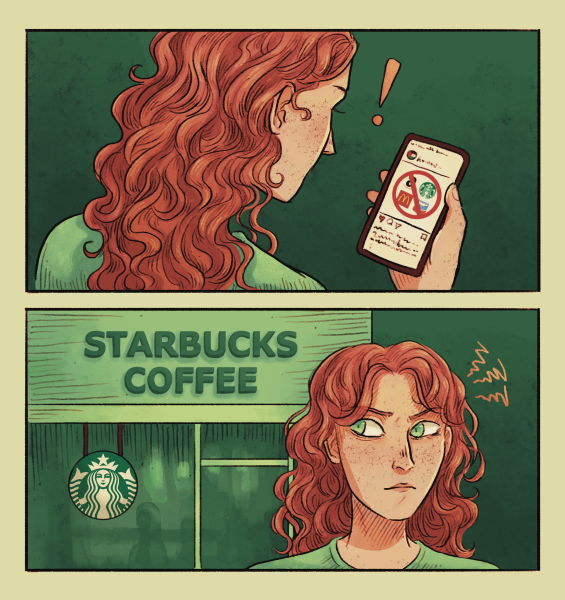“Lost River” disappoints
Despite impressive cinematography, plot and characters prove static and mediocre
Ryan Gosling’s new film “Lost River,” which gave him the reins for writing and directing for the first time ever, is filled to the brim with emptiness. Set in a nearly abandoned part of Detroit, every aspect of the film reflects the minimalism of the setting. This common theme has become the main source of criticism for the film, as it contains only a thin plot and is forced to rely on its (admittedly excellent) cinematography and soundtrack for emotional impact.
So, let’s start with what Gosling gets right with “Lost River:” the soundtrack and the visuals. Johnny Jewel’s soundtrack, reminiscent of his earlier work on “Drive,” is excellent, and at many times forced to carry the film. With so little dialogue, the music often has to fill in the emotional gaps of the story and convey the feelings of the characters during the many instances where they simply look blankly at things. That ends up turning into another plus for the film however, as the sets the characters often stare at are incredible.
While the decaying city of Detroit may be seen as ugly, Gosling manages to find beauty in the way he frames his shots and uses lighting. With slow-motion shots of demolition by fire and by bulldozer, and with surprisingly vibrant shots of abandoned buildings, the film is able to find incredible visuals in its destruction. The cinematography and lighting also establish a dichotomy within the movie’s world. The main characters live on the outskirts of society, where the film finds its palette from soft natural light and muted colors, but when they venture into the city, they are surrounded by harsh neon lights contrasting upon darkness. In both cases, the film is a feast for the eyes.
Unfortunately, Gosling chose to write and direct an entire movie instead of a music video. The characters are intriguing and the core ideas and locations of the story are interesting, but everything seems wasted, and the execution ends up being disappointing. In the end, characters aren’t given enough lines to become fleshed out, due to both the minimalist script and the only 90 minute runtime, and even when major plot events occur or are resolved, none of the characters seem to change or develop in the slightest.
There are many intriguing ideas within the film, including the namesake abandoned city underwater, but the plot fails to capitalize on the dreamlike world it creates. In fact, the main conflicts of the film are introduced within the first few minutes of the film and nothing of real consequence seems to happen until these conflicts are resolved in the closing scenes. As if realizing that his film is not going anywhere, Gosling attempts to comment on the American dream in the middle of the movie, but the blatant way he presents his ideas is so at odds with the minimalist style of the film that they lack the subtlety necessary to stand on their own.
Ultimately, “Lost River” is an excellent music video. However, it is only a decent film. “Lost River” fails because while it can mimic (and often surpass) the visual and acoustic styles of Gosling’s influences, it lacks a sense of gravity and importance. The characters’ struggles may seem real, but the viewer never gets the chance to feel invested in what they are watching, and that is a shame given how well the film handles most of what it takes on.
The good news is that if you liked the trailer, which displays some of the cinematography and music, you will probably enjoy the movie, but do not expect to get any more story in 90-minutes than you got in the two and a half minute tease.
Your donation will support the student journalists of Palo Alto High School's newspaper

